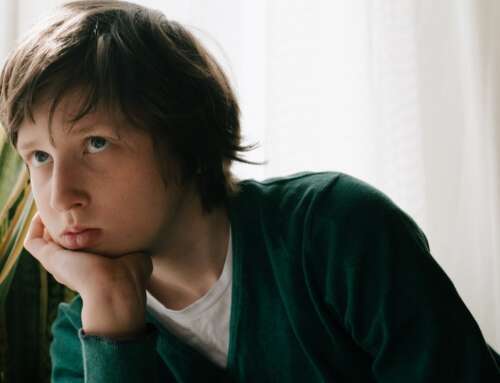 You’d be well aware that late last year, the OECD published the latest of their PISA tables.
You’d be well aware that late last year, the OECD published the latest of their PISA tables.
But did you know that as this article shows, the tests are not all about numeracy and literacy?
As part of the tests, students were asked to agree or disagree with a whole range of statements. One of which was:
“I feel happy at school.”
When I saw the responses, I was immediately conscious of the fact that Australia rates fairly low on the “happiness” score.
Sure we can get into a debate about the true meaning of happiness or whether you feel school should be “fun” or not, but I’m more interested in exploring why it is that so many kids would say they are not happy at school and what the potential knock-on effects of this might be.
But what do we make of the fact that the least happy students happen come from countries that top the academic tables – South Korea, Finland, Estonia & Poland?
Great test scores do not a happy child make. Some may argue that a schools responsibility is to raise achievement first and foremost.
But what if, instead of the incessant focus on “raising achievement”, we focused on enhancing engagement and wellbeing first and foremost in schools, so that kids feel happier about being there and as a result achievement would rise as a by product.
As it appears the current trend seems to focus on achievement at the expense of engagement & wellbeing of students and teachers.
Author: Dan Haesler is a teacher, consultant and speaker at the Mental Health & Wellbeing of Young People seminars. His website is: http://danhaesler.com/ and he tweets at @danhaesler







Why can’t school be like Pre-Primary was–fun, playful, engaging learning.
Discovery, learning, mastery, creativity, adventure–that sounds like fun (‘happiness’)
How DID we learn before schools existed !
I think some schools are trying to achieve the wrong things. There are also exceptional teachers who engage kids really well and should get paid a lot more than they do !
Happiness creates stability and is first and foremost!
So true!
I spent a year as a mentor in a local high school and found that many children were unstimulated by the “system” and they felt under pressure to perform academically.
My children feel the same
My take is that there is a need for some non academic life skill learning, along with skills to approach the academic learning as well.
Square classrooms and seating arrangements seem to promote a degree of disconnection
Watch this space, as several NZ schools have been trialling “no rules” breaks to allow students to play their own way, and the early results are very positive!
There has to be balance of course but the children concerned [ high scoring] might simply feel peeved because of school and parental pressure to achieve. I imagine as the years progress these same children might look back and after reflection thank their parents and teachers for squeezing the most out of them. School age children can’t be expected to know what is in their long term best interests.